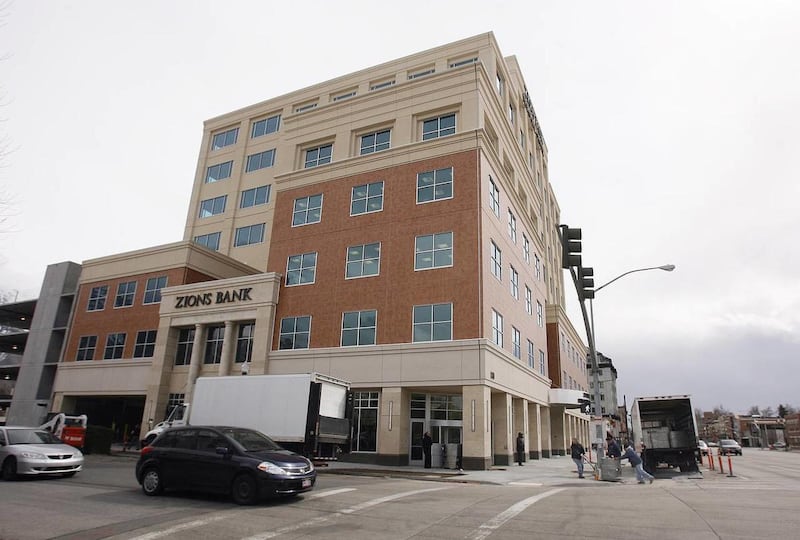Each year since the adoption of the Dodd-Frank Act by Congress, the Federal Reserve has been required to conduct a series of stress tests on a group of the larger banks. This requirement came about as a result of the challenges experienced in the banking industry during the 2007-09 financial crisis.
A series of predetermined stress scenarios are imposed on the banks to determine if these banks have sufficient capital reserves and earnings power to absorb the losses projected to occur as a result of the stress scenarios. Certain key macro economic variables are assumed to move to stress levels in these various scenarios. For example, U.S. house prices are assumed to decrease by 25 percent and U.S. unemployment is assumed to increase to over 11 percent.
The latest cycle of stress testing began in October 2013 and forecast results through the end of 2015. Stress scenarios are conducted by the Federal Reserve and by each of the large bank holding companies. Results from both sources are included in the capital adequacy analysis conducted by the Federal Reserve.
According to the Federal Reserve, “The disclosure of stress test results informs market participants and the public, enhances transparency and promotes market discipline.”
Of the 30 bank holding companies tested in the most recent Federal Reserve process, the projected stress results of only one bank would not have been sufficient to meet the Federal Reserve’s minimum capital standard. This banking company is Zions Bancorporation.
In a company press release dated March 20, Zions indicated it would resubmit its capital plan to the Federal Reserve. Importantly, Zions noted in its press release it had divested itself of various higher-risk assets in the recent past and that this would result in an improved capital position.
While stress testing cannot anticipate all future economic challenges, these results indicate a material increase in the overall financial health of the U.S. banking industry over the past several years.
Kirby Brown is the CEO of Beneficial Financial Group, which is based in Salt Lake City.


